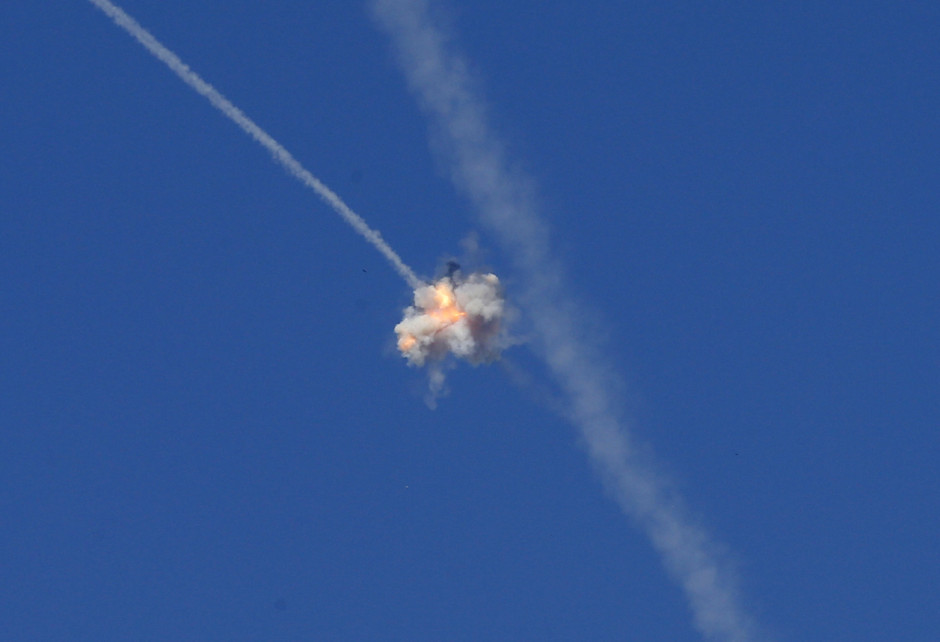Having harshly criticized the nuclear framework agreement signed by Iran and the six major powers in Switzerland on April 2, Israeli Prime Minister Benjamin Netanyahu has launched a campaign to ensure that the final accord, due to be signed on June 30, will be substantially strengthened by iron-clad guarantees and safeguards.
Netanyahu’s fears are understandable.
Since the 1979 Islamic revolution, Iran has steadily grown into Israel’s most formidable enemy, even though Iran and Israel have never fought a single battle or war. But Iran’s nuclear ambitions are not the only source of Israel’s angst. Iran’s hegemonic foreign policy is a burning issue as well.
Yet in the short term, Iran is probably not Israel’s major security problem. The greater problem is posed by Hezbollah, a Lebanese Shiite organization supported and armed by Iran and Syria.
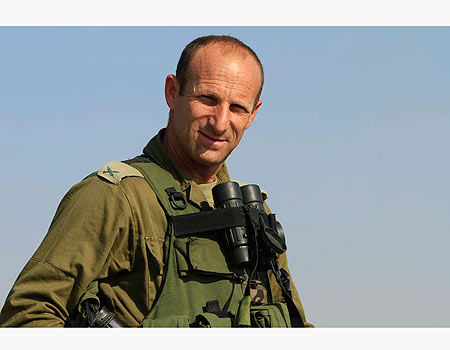
A day before negotiators in Lausanne announced they had a nuclear agreement in hand, General Eyal Eisenberg, the outgoing commander of Israel’s Home Front, delivered a grim piece of news. In the event of another war between Israel and Hezbollah, he warned, Israelis should be prepared for the worst — a firestorm of 1,000 to 1,500 missiles launched by Hezbollah per day at targets throughout Israel.
Eisenberg’s sober and candid appraisal, reported by the Israeli media, was more or less drowned out by the news from Lausanne that a tentative nuclear agreement was in the offing.
Let’s backtrack for a moment.
Iran’s Islamist leadership is committed to Israel’s destruction. But Iran, for all the venom it spews at Israel, works through proxies like Hezbollah and Hamas to harass and attack Israel. Iran itself is not a frontline combatant — even though Hamas fired Iranian-made missiles at Israel in last summer’s Gaza war and an Israeli air strike recently killed an Iranian general advising Hezbollah on the Golan Heights.
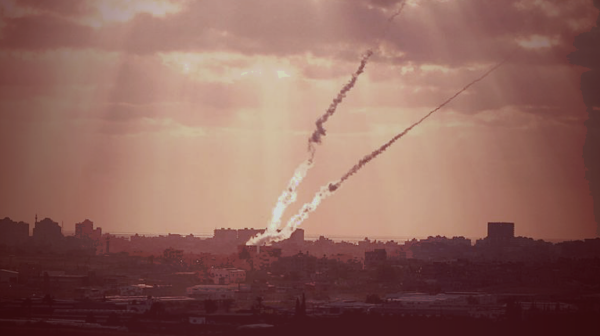
It’s crystal clear that Iran remains a real threat to Israel, but what should concentrate Israeli minds more at this juncture is Hezbollah’s arsenal of some 100,000 rockets, which can theoretically wreak devastation upon Israel.
During the Second Lebanon War in 2006, Israel was battered by a barrage of 4,000 Hezbollah missiles, which caused considerable property damage and killed 43 Israeli civilians. Since then, Hezbollah has grown stronger, and as General Eisenberg predicted the other day, Israel will come under a “blitz of attacks” from Hezbollah in the next round of fighting, should there be one. It can safely be assumed that a future war pitting Israel against Hezbollah will be far deadlier than the previous one.
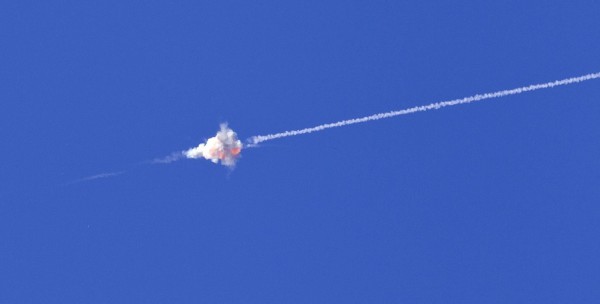
In 2006, Israel did not possess the capabilities it has now to shoot down Hezbollah rockets. During the last war in Gaza, however, Iron Dome missile defence batteries — which protect Israel from short-range threats — intercepted about 90 percent of incoming rockets fired by Hamas and Islamic Jihad.
Israel has made astonishing advances in anti-missile technology since the 1991 Gulf War, when Iraq fired 39 Scud missiles at Israeli cities. Apart from the Iron Dome, Israel’s air defence umbrella consists of David’s Sling, whose purpose is to shield the country from mid-range threats, and the Arrow II and Arrow III systems, which are designed to bring down long-range missiles from as far away as 2,500 kilometres.
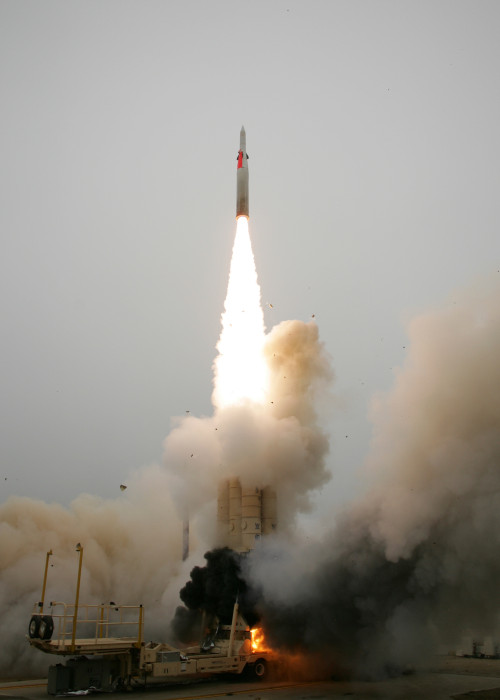
It’s debatable whether these sophisticated systems will be fully capable of protecting cities and military sites should Hezbollah launch upwards of 1,500 missiles a day at Israel. During the 2006 war, Hezbollah launched a little more than 100 missiles per day. Viewed from that perspective, the threat Israel faces from Hezbollah today is much more serious.
Israeli leaders have every reason to be worried by Iran’s nuclear program, which, hopefully, will be adequately constrained by a comprehensive agreement with the United States and its partners, Russia, China, Britain, France and Germany. But if we’re talking about the here-and-now, it is Hezbollah, not Iran, that should really worry Israel. On a practical level, Hezbollah poses much more of an immediate danger to Israel than Iran. What happens in a decade from now is quite another question.
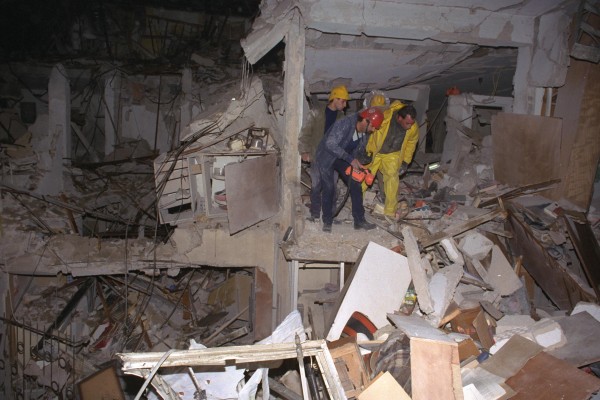
Unless Israel attacks Iran unilaterally, which is very unlikely, Israel’s next battlefield adversary may likely be Hezbollah, which has the ability to inflict massive pain and suffering on Israel.
Which is precisely why General Eisenberg’s dire warning should be taken with the utmost seriousness.
